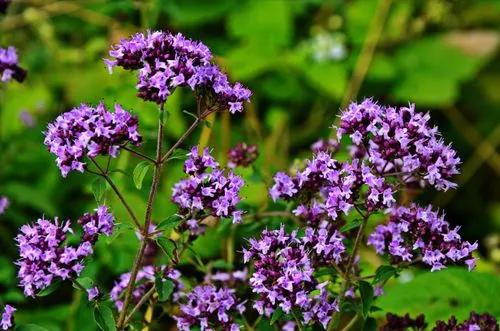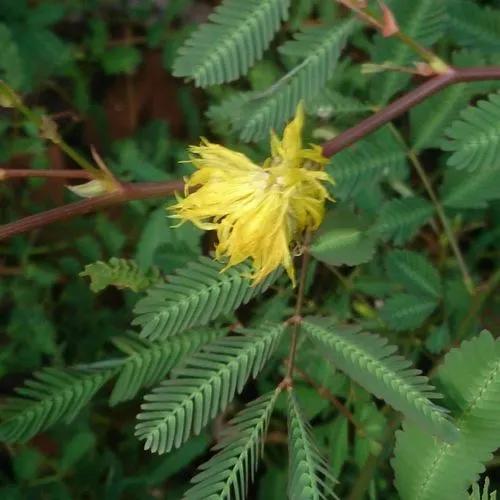A Russian heirloom tomato from Irma Henkel in the Ukraine. Indeterminate, regular leafed plant with wispy foliage, produces huge amounts of purple-red, 5-7 oz., 3-4" long, oblong, (plum-shaped to egg-shaped) tomatoes with a blemish-free skin excellent sweet flavor.
Purple Russian Tomato Care
Tomato Lycopersicon Lycopersicum 'purple Russian'



How to Care for the Plant

Water

Keeping your tomatoes well-watered is a must for heirloom tomatoes, especially once they set fruit. Watering deeply will encourage deep root systems. Assuming you did a good job preparing the soil, drainage should be excellent, so keep an eye on the moisture level and never let plants dry out. Allowing the soil to vacillate between moist and dry causes problems in fruit development, including cracking and blossom end rot. Use drip irrigation to further limit airborne diseases like blight.

Fertilizer

Heirloom tomatoes are heavy feeders and need regular fertilizing to bloom and fruit. Organic and chemical balanced all-purpose fertilizers are both acceptable and a matter of personal preference.

Sunlight

When it comes to sunlight, heirloom tomatoes are one of the hungriest plants out there, along with plants like sunflowers or corn. These are plants that need full, direct, unfiltered sunlight all day long. Pay attention to any shadows cast by neighboring trees or buildings when you plan your tomato patch.

Soil

Healthy soil is a critical component of thriving heirloom tomato plants. They will yield the greatest harvest in rich, loamy soil that allows roots to penetrate deeply. If your soil is heavy clay, use raised beds or container culture. Add compost, leaf mold, or manure up to fifty percent to blend with the native garden soil.

Temperature

Heirloom tomatoes need warm temperatures to grow. Planting them too early won't give you earlier fruits; wait until night temperatures are at least 60 degrees Fahrenheit before planting outdoors. Humid conditions don't bother heirloom tomatoes.

Additional

Tomato leaves are toxic to dogs, cats, and horses. Ingestion may cause severe gastrointestinal upset, weakness, or slow heart rate. Barring allergies, tomato fruits show no toxicity to any species.

Popularity

17 people already have this plant 7 people have added this plant to their wishlists
Discover more plants with the list below
Popular articles






